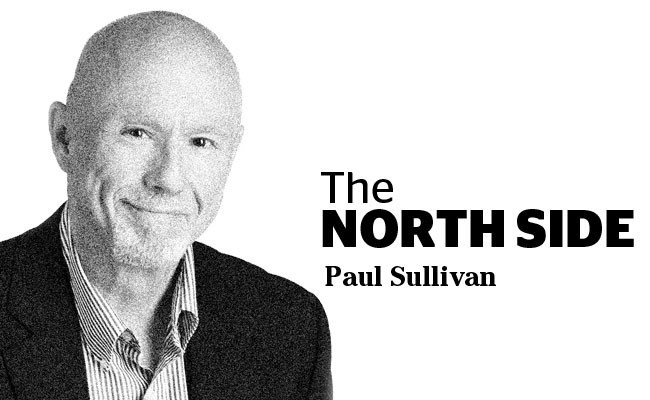There’s a fascinating – and nerve-wracking – debate raging across the nation right now.
And North Vancouver is right in the thick of it.
Depending on how you look at it, it’s about the environment or the economy. Unfortunately, it’s rarely about both. More on that shortly.
Lately, the debate has centred around the Leap Manifesto, a document that calls for the rapid abandonment of fossil fuels and a restructuring of the economy.
A resolution to study the aptly named document at the recent federal NDP convention has divided the party between those who still see some value in a resource-based economy, and those who don’t.
Among those who oppose the leap into the post-petroleum void are B.C. NDP leader John Horgan and Alberta Premier Rachel Notley. Notley’s trying to get oil sands crude to market somehow, anyhow, and Horgan is already in deep bitumen for opposing the Site C electrical dam and the Prince Rupert LNG project in the face of bitter disappointment from his party’s traditional union supporters.
For us in North Vancouver, this is not an abstract debate. The National Energy Board is currently pondering approval of the Kinder-Morgan Trans Mountain pipeline, which if approved, will at the very least change the view from Cates Park. The Westridge marine terminal across from the park will be expanded and the number of tanker shipments in Burrard Inlet will go from five a month to 34. And they’ll be carrying oil sands oil or sludge, as some prefer to call it. Imagine if there’s a spill. If you think last summer’s teaspoon of bunker leaking into English Bay was a disaster, you ain’t seen nothin’ yet.
Understandably, there’s a lot of opposition to this idea – polls indicate that only 46 per cent of British Columbians support the Kinder Mountain expansion. But those same people want better education, better health care, a new car, a week at an all-inclusive some place warm and maybe even a roof over their heads. Who can blame them?
The trouble is, protecting the environment and protecting the wealth that provides the above list of economic benefits are linked.
Did you know, for example, that Canada is the 12th leading export nation in the world? That’s good news because exports are new dollars. We’re not just redistributing the dollars that are already here; we’re increasing economic resources that will pay for improvements to health care, education, social housing, good jobs, etc.
But here’s the not-so-good news. By far the highest value Canadian export is crude oil at $50+ billion. Add refined oil products and the number climbs to $77.8 billion. The next closest is cars, which run on petroleum, at $60 billion. (If you’re a tree-hugger (and who isn’t?) you won’t be pleased to know that chopped and ground up trees account for nearly $20 billion. But I digress.)
So, if we’re going to eliminate petroleum products in 20 years, as called for in the Leap Manifesto, we’d have to replace or cut our income by at least 20 per cent of the total. And the value of Canadian exports is already down: 9.3 per cent, a figure some might use to justify the need for expansion.
I’d like to think that all of the brave people who formed a chain of resistance against Kinder Morgan pipeline expansion during the NEB hearings have a way to make up the difference, but if they do, I haven’t heard it. And frankly, I have no idea how we’d do it in 20 years without plunging the country into a deep recession.
The Leap Manifesto is no help. It suggests taxing the rich. As we’ve learned, the rich didn’t get that way by allowing themselves to become a stationary target. And even if we can catch ’em, hold ’em down and tax ’em, what does that mean for their capacity to generate future wealth?
I’d be less anxiety-ridden if the great debate started to include a more careful reference to real people with real jobs and what the rhetoric means. When you’re thinking about changing jobs and you’re facing at least a 20 per cent cut in income (after already tightening your belt by almost 10 per cent) what do you have to do?
Is there another way to find that income? And if so, what?
Or do you stop living above your means?
And did you even know you were living above your means?
Journalist and communications consultant Paul Sullivan has been a North Van resident since the fall of the Berlin Wall and the rise of Madonna. He can be reached via email at [email protected].
What are your thoughts? Send us a letter via email by clicking here or post a comment below.



